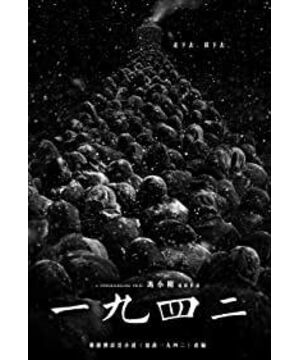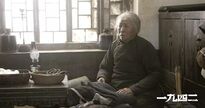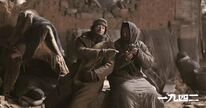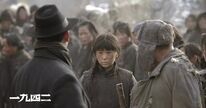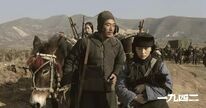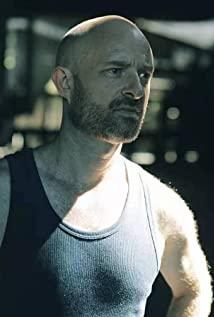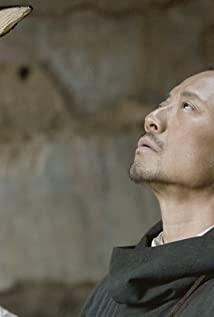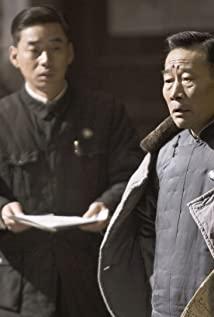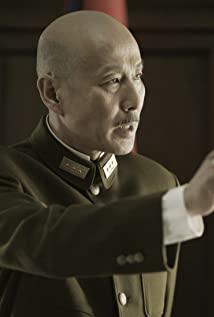First of all, the movie lines, costumes and actors are excellent. Not every actor can speak Henan dialect, but all actors speak it well. Clothing is also a feature of that era, and it also uses heart. The actors are all powerful, and acting with heart and emotion is much better than those fake Dakong. So this movie is basically a top-notch work in mainland China.
The story tells the tragic experience of the disaster victims in Henan who migrated after the drought. Shocking and thought provoking. The director does not simply stop at storytelling, but also exaggerates the character of ordinary Chinese people, and has a lot of thinking. The common people of that era have always been obedient, from trust in the government to distrust.
Let’s start with the landlord’s owner. The inaccurate grasp of the current situation is the cause of the tragedy of the landlord's owner. He thought it was just to avoid the drought, but he did not expect that it was a trip of no return. The owner of the landlord still hoarded food in the year of severe drought, and finally the family was destroyed. In order to win over the long-term workers to help escape, he used his daughter as bait. Everything thinks that money and profit can do everything.
The film also has a profound description of traditional Chinese human nature and social morality. Filial piety is deeply rooted in the hearts of the people. In order to save his dying mother, Chang Gong even sold his own daughter. The son will always inherit the lineage and never extinguish the incense of the ancestors. And these thoughts still exist in us now, and they are very profound.
View more about Back to 1942 reviews


